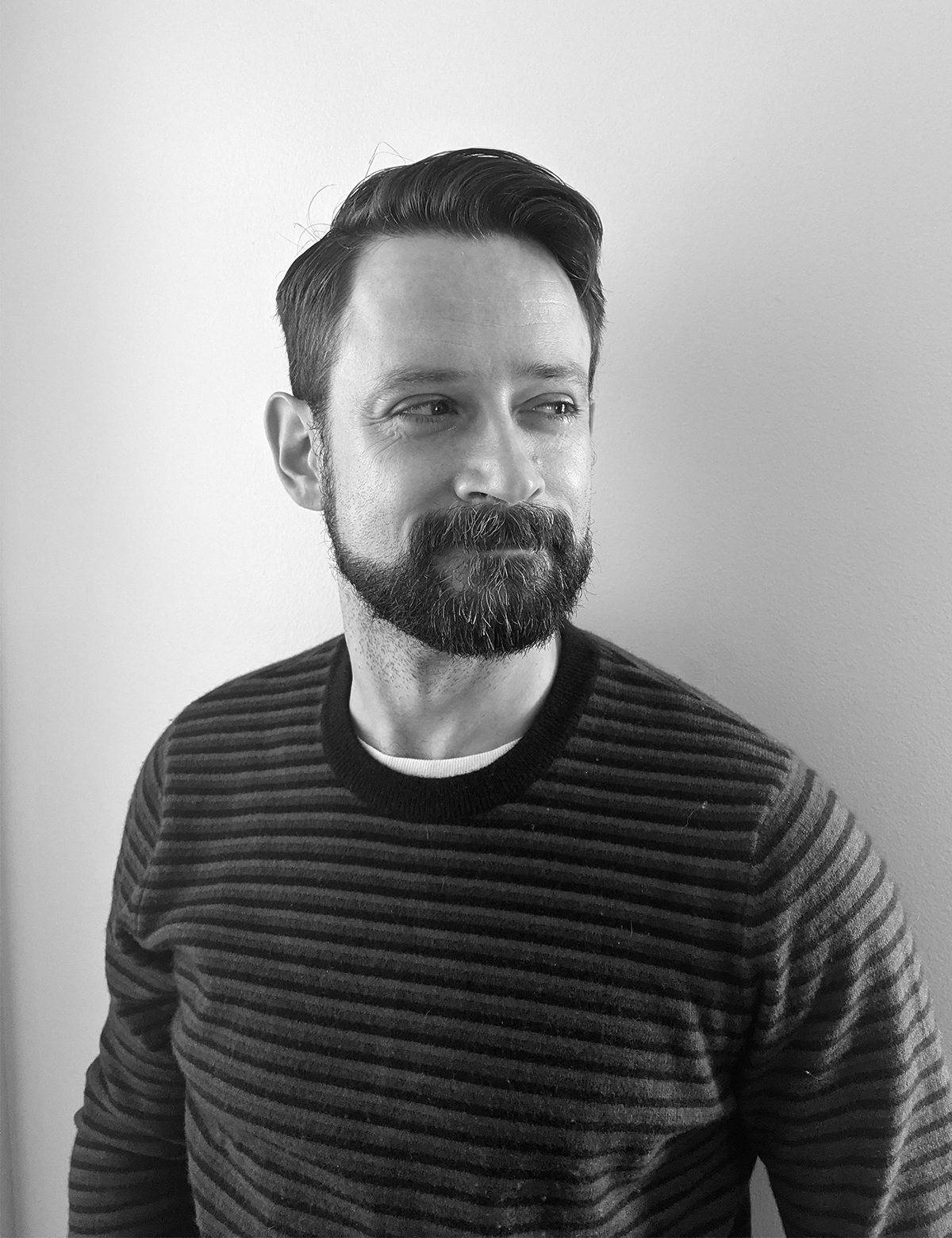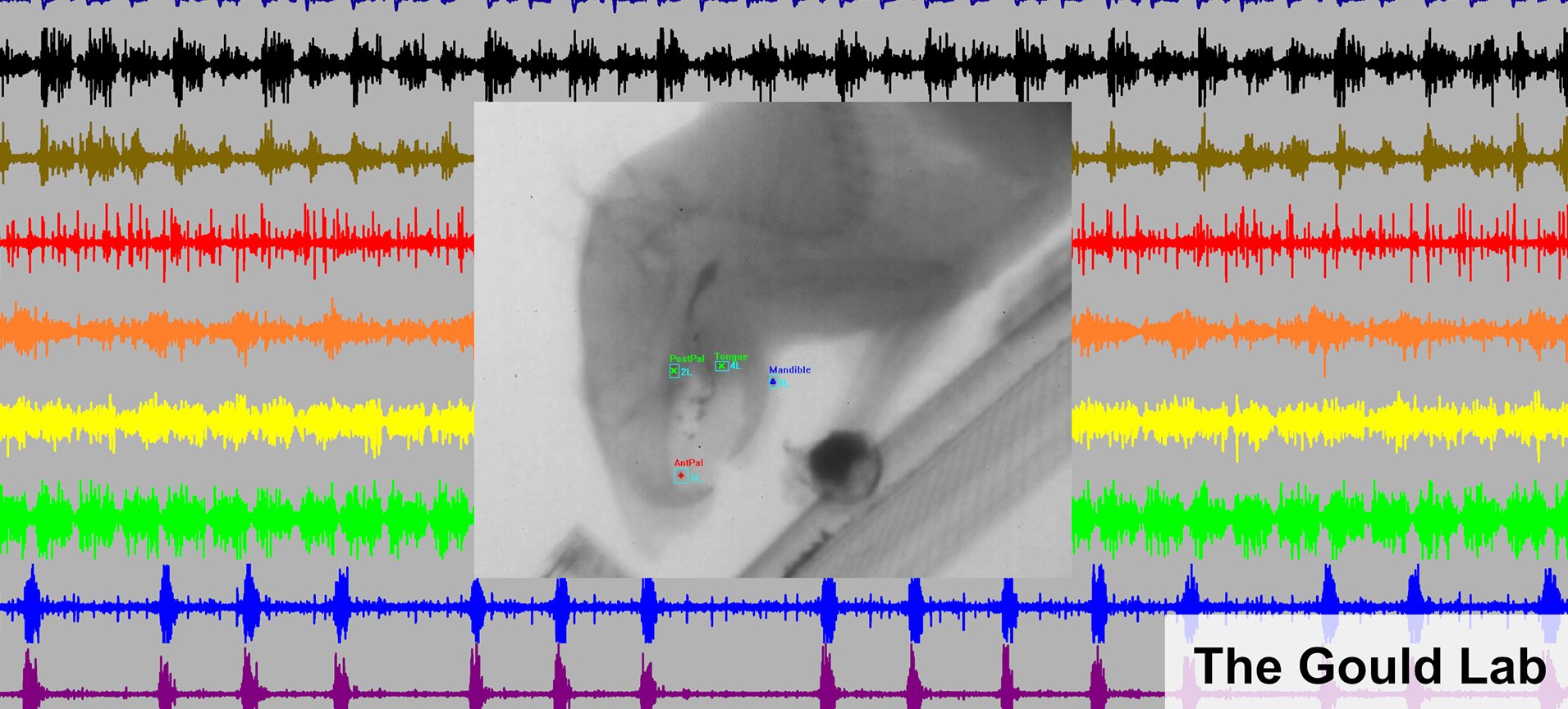Gould Lab
Gould Lab
About the Gould Lab
 Imagine your favorite food. Now imagine being told you can never eat it again because you risk injury or death. That is the reality faced by millions of people suffering from long term swallowing dysfunction or dysphagia. Eating is a central human activity, essential for basic survival, but also pleasurable and a key component of social interactions that affect quality of life. However, despite the devastating effects of severe dysphagia, our treatment options are limited and drastically change how patients can relate to food. Problems with swallowing occur in all major neurological conditions (stroke, ALS, Parkinson’s disease, Alzheimer’s disease). They are also frequent in premature infants where they are associated with persistent feeding problems throughout childhood.
Imagine your favorite food. Now imagine being told you can never eat it again because you risk injury or death. That is the reality faced by millions of people suffering from long term swallowing dysfunction or dysphagia. Eating is a central human activity, essential for basic survival, but also pleasurable and a key component of social interactions that affect quality of life. However, despite the devastating effects of severe dysphagia, our treatment options are limited and drastically change how patients can relate to food. Problems with swallowing occur in all major neurological conditions (stroke, ALS, Parkinson’s disease, Alzheimer’s disease). They are also frequent in premature infants where they are associated with persistent feeding problems throughout childhood.
Human swallowing is a complex process involving 26 muscles that are activated in a precise spatiotemporal sequence. Coordination with other musculoskeletal processes, including chewing, breathing, and speech, is necessary for safe and efficient swallowing. However, our understanding of how that coordination is achieved at a neurological and biomechanical level is limited. This lack knowledge of both physiological and neurological mechanisms for swallowing dysfunction limits our ability to design effective treatments. Our goal in the Gould lab is to identify where and how in the process of swallowing dysfunction occurs in animal models of different neurological conditions.
The Gould Lab currently has two major research foci. Here in Stratford we are setting up a project studying the biomechanical and neurological basis of swallowing dysfunction in an animal model of Parkinson’s disease. In an ongoing NIH funded collaboration with Professor Rebecca German at Northeast Ohio Medical University in Rootstown, we are investigating how control of milk delivery may influence and potentially improve swallowing function in premature infant pigs.
Dr. Gould teaches gross anatomy to first year medical students at Rowan School of Osteopathic medicine, and believes that participating in biomedical research better equips physicians to make evidence based clinical decisions. Dr. Gould strongly supports participation of graduate, medical, and undergraduate students in the lab. To enquire about opportunities please email him at gouldf@rowan.edu.
The Gould lab is committed to supporting researchers from all backgrounds, particularly underrepresented groups. We actively works to foster an open and diverse environment, and to create a work culture that balances scientific productivity with the welfare and personal goals of lab members.
